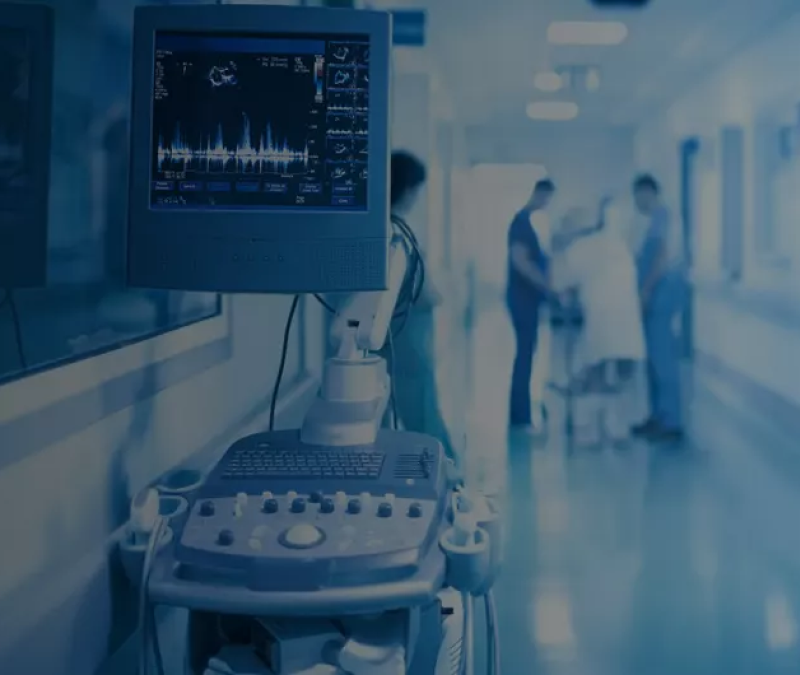The Critical Care Department of Aster MIMS, Kannur is equipped with 89-bedded state-of-the-art ICU to provide round-the-clock treatment to critically ill patients, including those suffering from life-threatening infections, accidents, snake bite, heart attack etc.
Our multi-speciality ICU is manned by a team of intensive & experienced critical care specialists to provide strict protocol based world-class health care to critically ill patients.
The department is equipped with advanced equipment and facilities making us one of the most revered hospitals in the region.
We take an integrated approach to ensure focused and personalized medical treatment. Our Doctors, Nurses and Paramedics are well trained in Basic and Advanced Life Support System.
Our Doctors
We have some of the best specialists from around the world, they bring years of experience and offer evidence-based treatment to ensure the best care for you.
FAQs
Want to find out more about the treatment? The answer to your questions can be found below.
What is the role of a critical care physician in a patient's treatment journey?
Critical care physicians in Ongole examine patients’ critical illnesses and diseases through a comprehensive monitoring process. This process includes a physical examination, diagnostic and imaging tests, analysis of previous reports, identification of potential side effects and associated risks, and, after considering all steps, treatment of patients with the best treatment plan.
Patient Stories
Our patients are our best advocates, hear the inspiring stories of their treatment journey











